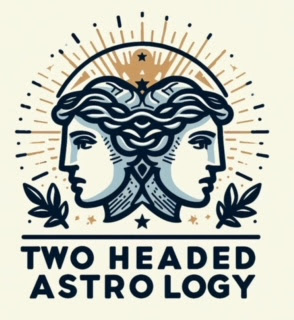
"It was the third of June another sleepy, dusty, delta day...."
Ode to Billy Joe was a song written and performed by Bobbie Gentry in 1967. It tells the story of a young woman (the narrator) who unexpectedly learns that a local boy she knows named Billy Joe McAllister has committed suicide by jumping off the Tallahatchie Bridge. The haunting lyrics tells the story as a series of actions devoid of emotion but does not explain why Billy Joe killed himself nor does it explain the nature of the narrator's relationship with him. However, the song hints that the two young people share a secret in that they were seen throwing something off the bridge prior to Billy Joe's suicide. Exactly what they threw off the bridge has been left open to interpretation, however, some folks speculate Billy Joe got the girl pregnant and they threw the pre-mature baby off the bridge.
In 1976 Ode to Billy Joe was made into a film starring Robby Benson and directed by Max Baer Jr (Jethro Bodine from the Beverly Hillbillies). The movie is set in 1953 and tells the story from the perspective of a 15 year old young woman now named Bobbie Lee Hartley. The film clearly shows an attraction between Billy Joe and Bobbie Lee. They wanted to get married but Bobbie Lee's father felt that she was too young. However, there are other obstacles in that we learn that Billy Joe was sexually abuse by his older brother and due to this abuse he became sexually confused. In one instance, he is coerced into seeing a prostitute but is unable to go through with the act. When Bobby Lee offers herself to him sexually and romantically, Billy Joe admits that he has had sex with a man and even though he was drunk and knew it was wrong, he still wanted to do it and in addition he carries the weight of shame over his homosexual experiences. At this point, as in the tie in novel of the same name, Bobbie Lee throws her rag doll off the bridge which some believe represents the last of her childlike innocence thus becoming a mature adult.
With many people believing that Billy Joe killed himself because he has gotten Bobbie Lee pregnant. she is encouraged to leave town and quietly get an abortion. Rather than tell the truth that she and Billy Joe never had sex, she decided to leave town and let people believe what they will. On her way to meet her bus, Bobbie Lee is met by Dewey Barksdale who was Billy Joe's boss at the saw mill. He was also the man that Billy Joe had sex with. Dewey offers to go back to town and tell everyone the truth, however, Bobbie Lee advises him to keep his story to himself as it would further tarnish Billy Joe's reputation and also ruin Dewey's life as it would leave him open to criminal prosecution. The film ends with Barksdale agreeing to keep his secret and offering Bobbie Lee a ride to the bus station to which she agrees.
I think that Billy Joe's story is important because it tells us about the dangers of sexual shame, guilt, homophobia, and gossip, as well as the importance of representation and having allies in our community. I identified with Billy Joe in that I grew up and came of age in a small town in the South. The only other gay people I knew was an old man (formed teacher) who was said to have gotten another man drunk and "corn holed" him. The other gay man I knew of was a morbidly obese ex janitor at my elementary school who had a reputation for providing vulnerable young men with drugs in exchange for sex.
I didn't want to have anything to do with either of these men, nor did I want to be anything like them. I carried a lot of shame around my sexual wants and desires and even considered suicide at one point in my life before I found my confidence and decided to live my life openly. However, that did not happen overnight. It was a long process of self acceptance and finding other people like me and other people who understood me. In another time (and place) Billy Joe would have seen other people like himself, he would have had other men like himself and understanding friends to talk to about his feelings and experiences. He would have had the opportunity to realize that his feelings and desires were normal and valid for him.
Even though Billy Joe is a fictional character, he represents a sad segment of our community. Those young men (and women) driven to suicide by bullying, harassment, and the weight of self-hate engendered in them by those who cannot and will not understand or tolerate them. Ode to Billy Joe took place in 1953 and 70 years later the culture of LGBTQ+ hate and intolerance is still going strong in the Trump/DeSantis era and one which we must continue to fight to overcome to prevent future loss of life, happiness, and freedom.
- Carolina Dean






